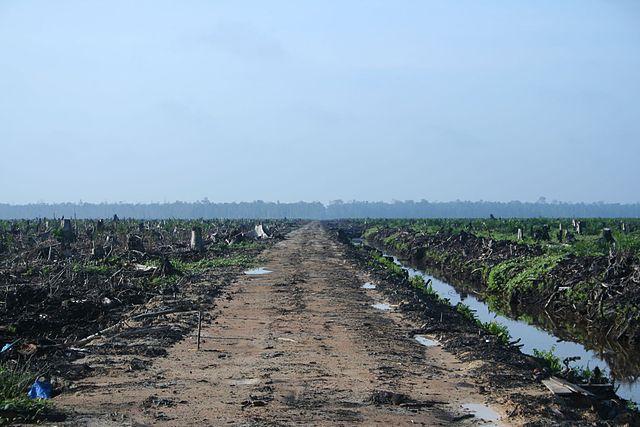
Last year's horrendous Southeast Asian forest fires, which emitted more greenhouse gases into the atmosphere than the entire United Kingdom, should have been a wake-up call to companies to ensure their supply chains were free of unsustainable palm oil, the primary cause of deforestation in Indonesia. Yet, Greenpeace finds that, out of 14 major U.S. brands, only one can trace its palm oil, and few have made any discernible action in light of last year's tragedy.
In the months since the fires subsided, we've seen a host of commitments and promises from governments and corporations alike. The question is whether these statements are something new, or just more of the same old rhetoric without action. Remember, the Roundtable on Sustainable Palm Oil, which was supposed to end illegal deforestation in this sector, has been around for more than a decade. Yet the fires continue to burn, year after year.
The key problem is transparency. According to Greenpeace, few players are obtaining independent verification to demonstrate that their palm oil is produced by companies operating in compliance with their own ‘no deforestation’ policies. To make matters worse, none are yet publishing a full list of their palm oil suppliers, nor do they list the suppliers that they have ceased purchasing from due to unsustainable practices. Without this, how are we to know if they are even following through on their statements? This is corporate responsibility as its core.
“These companies must have a fully transparent supply chain and ensure they only buy palm oil from suppliers that are protecting our rainforests,” said Annisa Rahmawati, with Greenpeace Indonesia, in a press statement.
When companies are not open, we have to assume there is a reason. Until PepsiCo, Colgate, Johnson & Johnson, and other users of Indonesian palm oil come clean about their supply chains and how they plan to ensure that their products are deforestation-free, then we must assume the worst.
Companies, too often, hide behind long, complicated supply chains to avoid complicity in what's happening at the source, such as the destruction of Indonesia's rich, biodiverse forests. Sometimes this is intentional – they know they're buying from unethical sources and want to hide that information. But more often, its ignorance – purchasing palm oil on the open market with no care where it comes from, as long as it's cheap and does that job. It's hard to implement sound supply-chain practices over a broken system.
This old way of doing things is no longer acceptable. “Palm oil is found in so many products, which is why brands have a responsibility to their customers to act,” Rahmawati said. Greenpeace is, literally, putting corporations' feet to the fire, forcing them to re-think how they manage their palm oil supply chains. If you buy from sources connected to deforestation, then you are also responsible.
There is no time to waste, we need act now, because, already, hotspots are appearing across the Indonesian island of Sumatra, foreshadowing what could be another El Nino-driven year of horrendous fires.
The ultimate power lies in the hands of consumers, who need to be more vocal that they will not purchase products that use unsustainable palm oil. Unfortunately, as things stand, months after the fires, you can still find palm oil from a burning supply chain in grocery stores all across America.
Photo Credit: Hayden via Wikimedia Commons

Nithin Coca is a freelance journalist who focuses on environmental, social, and economic issues around the world, with specific expertise in Southeast Asia.














